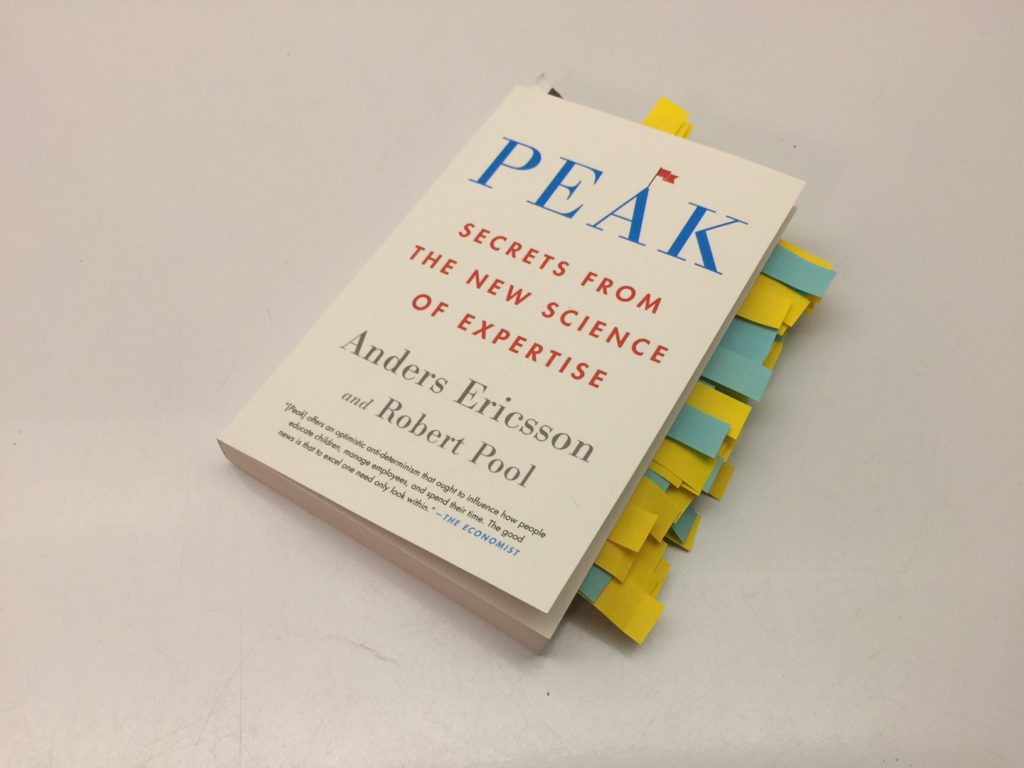Ready or not, the day has come – there are only 200 days left to achieve my goal of completing a 100,000 word novel by the February 25th, 2019.
Today is important because it marks an unofficial start date. If I’m to reach my goal, I need to start writing 500 words a day, every day, until I reach the finish line. Writing more will soften this deadline somewhat, but the race has definitely started, and it seems as good a time as any to review my progress thus far.
First, the good. I’ve finished The Hero with a Thousand Faces, and while reading Campbell was often an exasperating experience, I have a grasp on the hero’s journey that was sorely lacking in my projects of years gone by. My grip on the subject grew firmer still by contrasting Campbell’s work with Christopher Vogler’s. The theoretical parts of my project, at least, seem under control.
I’ve analyzed the first Star Wars film, as well as Harry Potter and the Philosopher’s Stone and much of The Hobbit. I learned a great deal from these masterworks, and the pages of notes I took on each wait restlessly for the day they’ll be turned into blog posts.
Outside of the blog, I’ve built a durable storyboard of the novel I’ll be writing. There are still a few unresolved questions and plot points to hammer out, but I have more than enough to start.
Now for the bad. As mentioned, while I have reviewed several of the great Hero’s Journey stories, I have not yet taken the time to smelt my raw material into content for the blog. This is not just a problem as a content creator – the process of writing an essay helps solidify knowledge and expose gaps in understanding, so I want to complete these analyses before getting too far into my project.
An even greater problem is the shamefully small amount of time I’ve spent applying the practice techniques detailed at the start of the blog. This may turn out to be a boon, since in the meantime I’ve discovered several writers of literary fiction whose mastery of English is vastly superior to some of the authors I considered studying, but I’m still perilously behind where I wanted to be. I can only hope that any improvements in writing technique achieved during the final months of the project can be applied through edits.
Finally, my recent trip to Nigeria was both enriching and enlightening, but I didn’t get any work done. I hope to at least slightly make up for this lapse by releasing the Hero’s Journey toolbox as soon as possible. It’s been coming together quickly since my return, so with any luck it will be ready in the next couple weeks.
And that brings us to the heart of my next challenge. I’ve written three (unpublishable) novels of 100,000 words or more at the slow-but-steady rate of 500 words a day, but never while trying to simultaneously maintain a blog. “Does that mean,” you may ask, “that your already languid rate of posting will decrease even further?” Not if I have anything to say about it. The challenge of doing it is the point of doing it, and so, to appropriate a line, “Damn the distractions, full speed ahead!”

